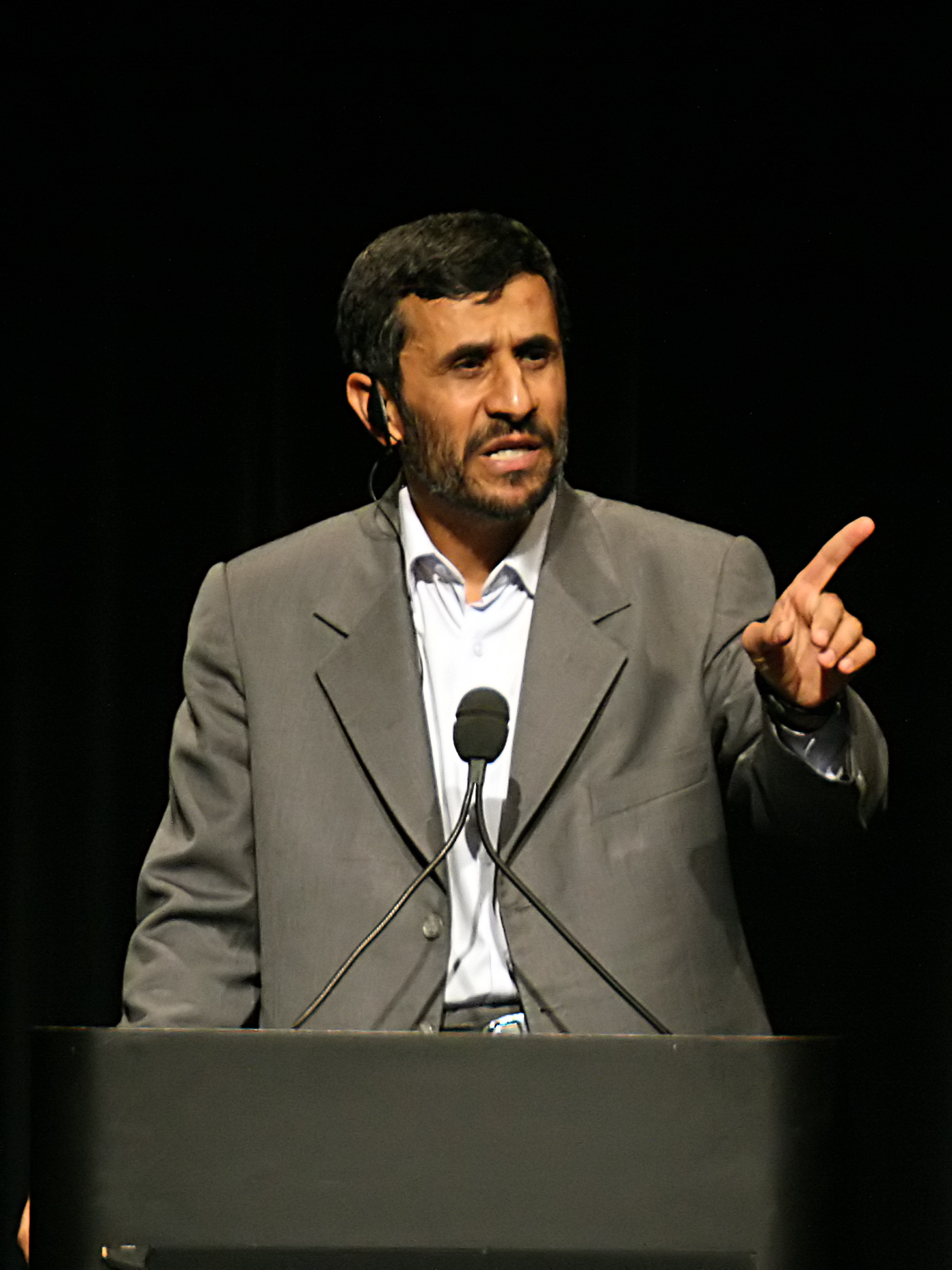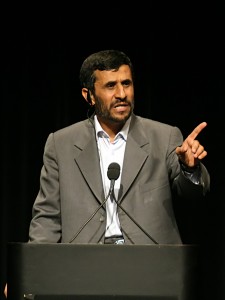
Will Sanctions on Iran Work?
In the next several days, the U.S. and the European Union will tighten sanctions on Iran, attempting to cut off revenues from its oil sector.
On June 26th, The Center for Transatlantic Relations at the Johns Hopkins University’s School of Advanced International Studies (SAIS) hosted an event in Washington DC on the effects of Western sanctions on Iran’s oil sector. Dr. Claudia Castiglioni, a fellow at SAIS, presented a brief history of Western sanctions on Iran, stating that sanctions have long been used as a political tool to affect foreign policy, often with mixed results at best.
The difference this time, she believes, is the firm participation by the European Union, which, in the past, has often declined to impose harsh sanctions on Iran. The collaborative nature by the U.S. and the E.U., who together represent 43% of global consumption of petroleum products, has given the West enhanced leverage over Iran in the latest round of sanctions.
Oil revenue accounts for 60% of Iran’s overall budget, and the efforts by the West to curtail this lucrative revenue stream have damaged the Iranian economy. Guy Caruso, a Senior Advisor at the Center for Strategic International Studies (CSIS), noted that Iran has been doubly hit in the last few weeks. First, its revenues have declined due to the sanctions, which have made it difficult for Iran to find customers for its oil. This has caused Iranian oil output to decline by 40% over the last year.
Second, rapidly declining prices in recent weeks from consistently high production from the Saudis on the one hand, and a weakening global economy on the other, have further eaten into Iranian profits. So, output is down, and each barrel is bringing in less revenue.
While the combined effort of the U.S. and the E.U. to undermine Iran’s oil sector may be proving effective, what is the ultimate goal of the sanctions? The purported objective of the Obama administration is not to inflict economic pain for the sake of it, but to ultimately convince the Iranian regime to abandon its nuclear program. That would mean, forgoing the right to develop highly-enriched uranium (beyond a 20% threshold) and allowing International Atomic Energy Agency (IAEA) inspectors thorough access to its nuclear facilities.
But, it remains to be seen whether or not the economic pain Iran is experiencing will achieve that foreign policy goal. Dr. Sara Vakshouri, a former advisor to the Director of the National Iranian Oil Company International, suggested that Iran is unlikely to be amenable. Iran has beaten sanctions in the past, and its resilience has emboldened this strategy.
So, where do we go from here? Guy Caruso suggested three possible scenarios. First, negotiations muddle along, with Iranian oil production gradually declining, but with no diplomatic breakthrough. Second, Iran pulls out of negotiations and retaliates against the West – likely through covert means such as attacking Iraqi oil pipelines to drive up oil prices, instead of the much more dramatic step of blocking the Strait of Hormuz, which is often feared. Or third, Iran and the West reach a grand bargain, relieving tensions. Of the three, Caruso put the greatest probability on the first, while suggesting the third was the most unlikely.
Another theory is that the United States is trying to turn the Iranian people against their government. The Green Revolution in 2009 demonstrated that there is a sizable slice of Iranian society that opposes both President Ahmadinejad and the corrupt political process. By exacting an economic toll, sanctions will push Iranians into blaming the regime, or so the theory goes.
However, as ordinary Iranians begin to feel squeezed, there is a risk that sanctions may incite anger towards the U.S. and Europe instead of the Iranian government. A Gallup poll conducted earlier this year, offers evidence of this danger.
Should the pain intended for the government fall upon the backs of the Iranian people, the government may also not feel as forced into concessions as the U.S. may hope. Indeed, Iran has often used confrontation with the West as a source of legitimacy.
All this is not to say that sanctions are a bad idea, merely that compromise may still prove elusive. But, with right-wing factions in the U.S. and Israel calling for a military strike (one that won’t work and could lead to a wider conflict), sanctions plus negotiations may be the least bad option.






